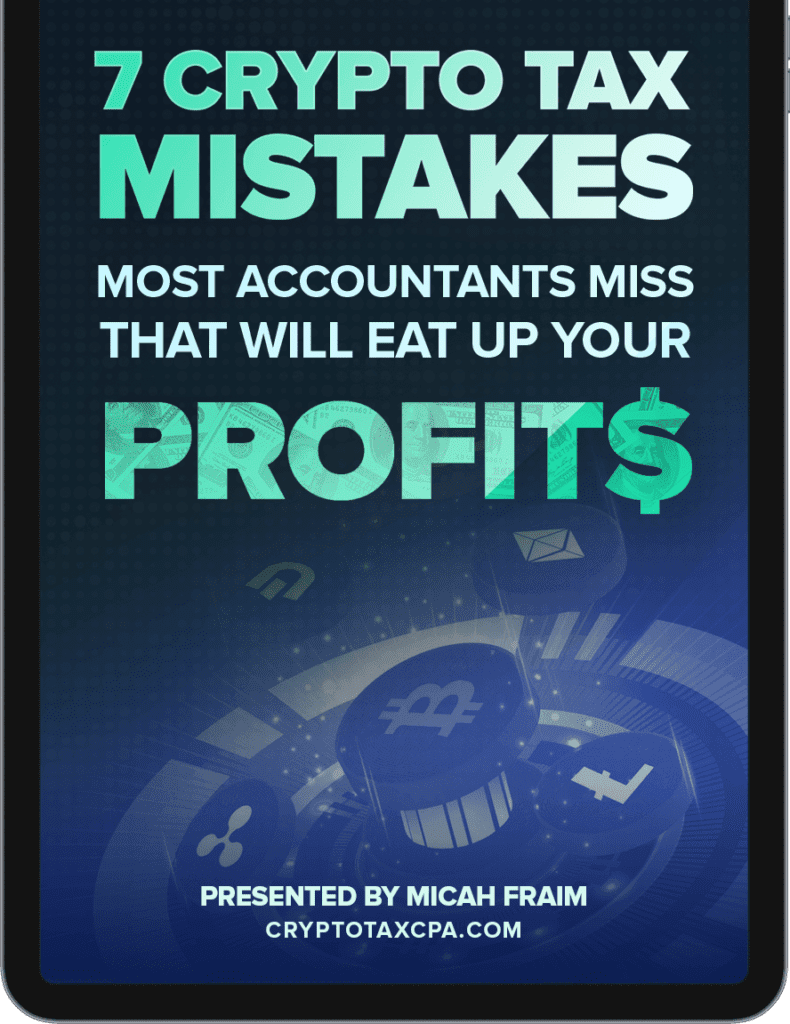High interest DAOs are horribly tax inefficient. Wrapping the token helps correct this, although it is unclear if this method will hold up to IRS scrutiny in the future.
High Yields, High Tax Bills
Olympus DAO (OHM) and other high-yield DAOs were all the rage in 2021. These projects advertised absolutely insane APYs and people flocked to them because of it. OHM was paying 10,000% interest, KlimaDAO 35,000%, and Wonderland (TIME) was paying 80,000%. And those were some of the more mainstream and “reasonable” APYs. Smaller OHM forks would sometimes have APYs in the billions.
It doesn’t take a genius to see that those yields are unsustainable. Most of those projects had their token price collapse or had the project fail completely. TIME peaked at nearly $10,000 and now sits at $50 while KLIMA dropped from $4,000 to $5. Because of this, most projects end up having to reduce their yield. OHM and Klima are both about 400% right now, which is a far cry from their 2021 levels but is still super inflationary.
So the projects themselves have clear issues, which is one of the reasons why they are much less in vogue now compared to 6-12 months ago.
How Is DAO Income Normally Taxed?
But what rarely gets discussed is how incredibly tax inefficient they are. The staking income is taxable in real-time as it is received. And it is taxed as ordinary income, not capital gains.
And when you couple this with the fact that the token is likely to decrease in value, you’re in for a really nasty surprise come tax season.
As an example, let’s say that you staked $100,000 into TIME. You earn 80,000% APY on that token, with payouts occurring every 8 hours. That is all taxable income to you.
If the token price remained stable, that would be fine. Sure, it’s a lot of tax, but you’d be earning $80 million on your $100k investment.
But we know that the tokens do not maintain their value. Because of the inflationary nature of those yields, the token price inevitably goes down.
In this example, let’s say that you earned $90k worth of staking income but the value of your tokens also went down $90k (from $100k to $10k). And at that point you decide to cash out. You’ve still just got your original $10k investment. The whole thing was a wash.
There’s no tax on that, right?
Wrong. Unfortunately, it’s actually very wrong. You have $90k worth of staking income and a $90k capital loss. But those two fall into separate buckets and only $3,000 of the capital loss can be used to offset against the staking income.
So you made nothing on this transaction, but are still going to end up with $87k worth of phantom income on your tax return. (The only way around this would be if you had $87k worth of capital gains from other activities that could then be offset by your capital loss from the TIME sale).
And if you didn’t sell your TIME before the year ended, then you just have $90k of phantom income with no capital loss to even partially offset against it.
As noted at the outset, these things are an absolute nightmare from a tax perspective.
How Are Wrapped DAO Tokens Taxed?
So to get around this, many projects offer the option of “wrapping” your tokens. How does this work?
For regular “unwrapped” tokens, rewards are distributed at each rebase period. So multiple times a day, additional tokens are being deposited into your wallet and are taxable upon receipt. This is the scenario we outlined above.
With wrapped tokens, it operates a little differently. You convert your regular tokens into their wrapped counterparts. At each rebase period, you no longer receive any additional tokens. Instead, the value of your wrapped tokens goes up each period. In their FAQs, Wonderland explains it that:
“wMEMO is a wrapped version of MEMO. Users can wrap their MEMO into wMEMO, and receive their rebase as an increase in the value of wMEMO rather than an increase in the amount of MEMO.”
There are huge tax advantages to structuring it this way. Not only does it defer the taxable events until you finally unwrap or sell your tokens, but it may also allow you to receive long-term capital gains treatment instead of being taxed as ordinary income.
Warning/Caution
It should be noted that this structure has not been tested in court. The IRS has not issued any guidance on this type of structure. They could challenge it in the future, perhaps claiming that in substance the rewards are still being distributed and need to be taxed upon receipt – essentially that the wrapping is a thin disguise just for tax avoidance and serves no other purpose. This method is unproven.
But there’s no particularly clear downside to wrapping. Worst case, you end up with the same tax treatment you would have if you did not wrap them. And if this structure is not challenged, the tax savings are significant.
So if you are going to invest in one of these projects, in most instances wrapping will absolutely be the way to go.
Any accounting, business, or tax advice contained in this communication, including attachments and enclosures, is not intended as a thorough, in-depth analysis of specific issues, nor a substitute for a formal opinion, nor is it sufficient to avoid tax-related penalties.


